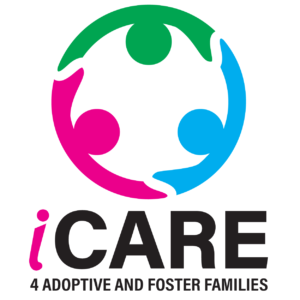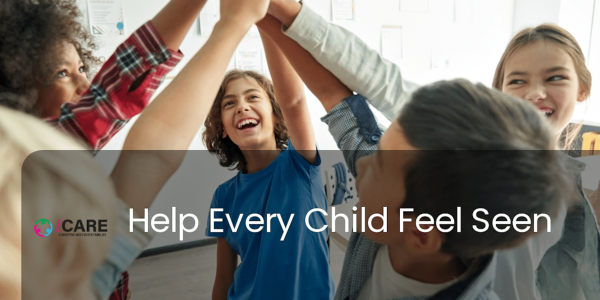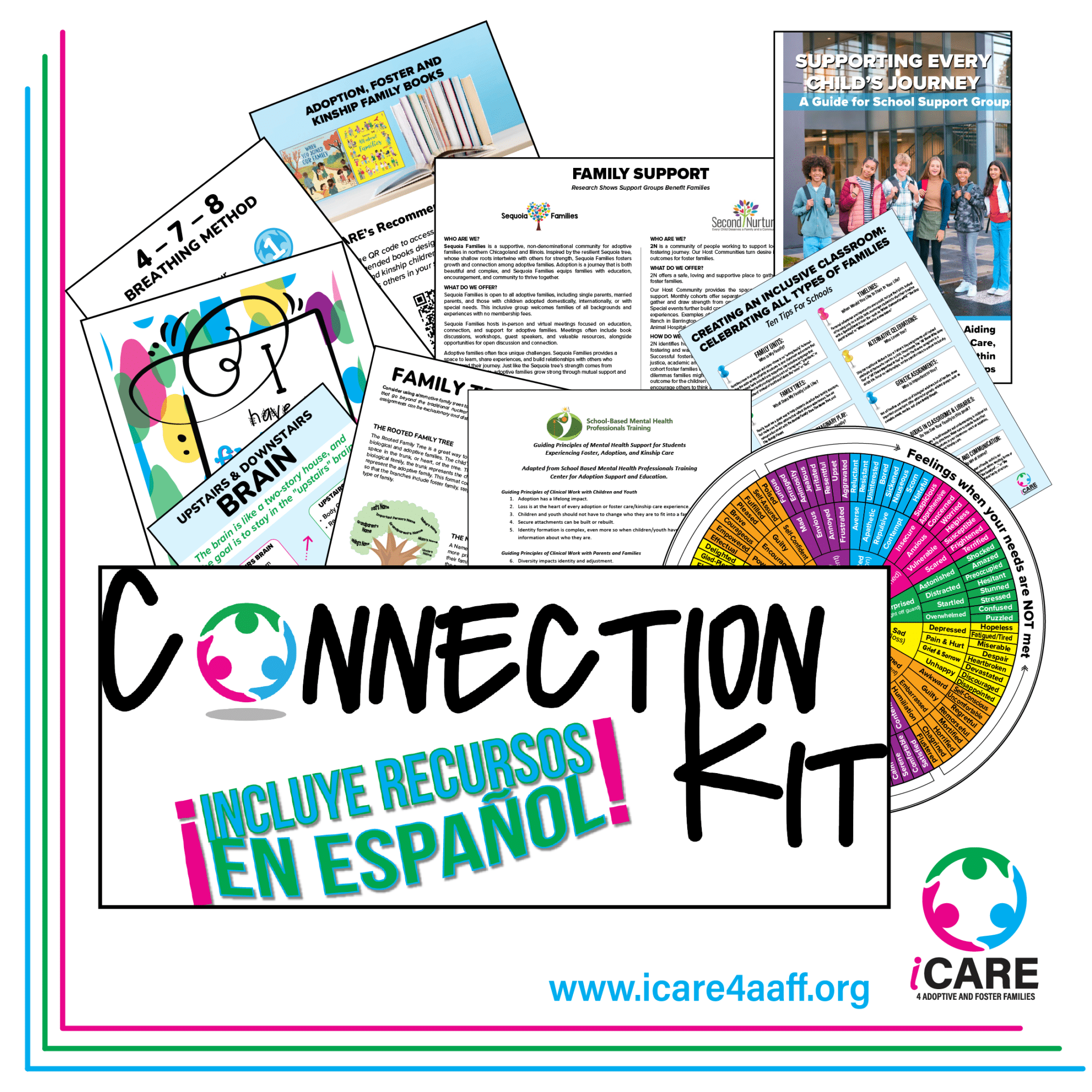Why iCARE Supports Illinois’ New Mental Health Screening Mandate—And How We Can Make It Stronger

Starting in 2027, all Illinois students in grades 3–12 will be offered an annual mental health screening. As a mom, I understand the hesitation around the new mental health screenings —and the desire to protect our kids from anything that might cause harm. We don’t want to create a problem that isn’t truly there. A child’s response indicating sadness could be a sign of depression, a reflection of the deep and complex feelings that sometimes come with realizing the loss of their family of origin—or it could be something far more benign, like not being invited to a friend’s party or feeling deflated when an Instagram post didn’t get enough likes. As a professional, I also see the opportunity this new mandate brings. When done with care, this could help schools catch concerns earlier, connect students to help faster, and change the trajectory of a child’s life.
Over the past decade, Illinois has been steadily building a stronger mental health support system for children and youth—expanding access to services, training schools and communities to respond to trauma, and working to make those responses culturally responsive and consistent statewide. This new screening mandate can be a powerful next step in that effort, helping schools identify needs earlier and connect families to real help.
But we also know not all screenings are created equal. Without a trauma-informed lens, children—especially those in adoptive, foster, and kinship families—risk being misunderstood, mislabeled, or even over-pathologized. These kids often carry experiences that can shape how they think, feel, learn, and relate to others. This reality must guide how screenings are designed, interpreted, and followed up.
And it’s equally concerning that there are very few therapists in private practice or schools trained in adoption competency for us to turn to when our children and families do need help. Over 80% of children in foster care and nearly 50% of all adopted children will need mental health support, yet there is no currently required adoption-competent training in social work graduate programs or school professional development. School support teams work hard, but they are not always set up with the training or resources needed to fully meet these children’s unique needs. How can children and their families get the right help if helpers don’t know how to help?
Adopted, foster, and kinship kids benefit most from care that is specialized and deeply understanding. With Illinois’ two-year window to put a training structure in place for mental health staff, we’re encouraged by the leaders already at the table—and believe they can help ensure schools are ready from day one.
That’s why at iCARE4 Adoptive And Foster Families, we see mental health screening as a “both/and” moment: a reason for hope, and a call for care. We believe Illinois can lead the nation by ensuring:
- Tools are developmentally appropriate and culturally responsive
Context questions are included to understand a child’s lived experience and family structures - Screening is paired with training for school teams and family engagement strategies-especially in adoption, foster and kinship care support.
- Results lead to real support—not just a checklist or label. Guiding families to adoption competent therapists, support groups and trauma-informed parenting and caregiving.
As adoptive parents, we know this is a long game. Healing takes time. Trust takes time. Growth takes time. The real work isn’t just about spotting concerns—it’s about walking alongside children and families for years, not weeks, with steady support–the right kind of support–that helps them grow into their fullest selves.
The FAQs below answer the most common questions we’ve been hearing from parents, caregivers, and educators, along with iCARE’s perspective on how to make this mandate a source of help for every child. If you have others, please connect with us.
Illinois Annual Mental Health Screenings — Parent & Caregiver FAQ 2025

Parent and Caregiver FAQ 2025
Beginning in 2027, Illinois schools will offer annual mental health screenings for students in grades 3–12. This FAQ answers parents’ and caregivers’ top questions—what the law requires, how the screenings will work, and what families can expect.
Click to see all the FAQs


